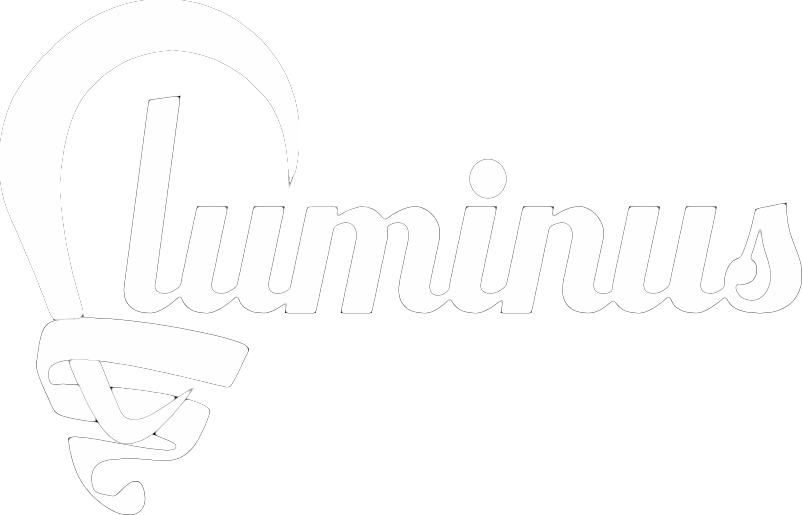Response types
Contents
Responses
A Ring respones are generated using the ring-http-response library. The library provides a number of helpers for producing responses with their respective HTTP Status codes.
For example, the ring.util.http-response/ok helper is used to generate a response with the status 200. The following code will produce a valid response map with the content set as its :body key.
(ok {:foo "bar"})
;;result of calling response
{:status 200
:headers {}
:body {:foo "bar"}}
The response body can be one of a string, a sequence, a file, or an input stream. The body must correspond appropriately with the response's status code.
A string, it will be sent back to the client as is. For a sequence, a string representing each element is sent to the client. Finally, if the response is a file or an input stream, then the server sends its contents to the client.
Response encoding
By default ring-middleware-format middleware is used to infer the response type when a route returns a map containing the:body key:
(GET "/json" [] {:body {:foo "bar"}})
The middleware is found in the <app-name>.middleware namespace of your application. The middleware function is called wrap-formats, and it enables support for ring-middleware-format using the JSON and Transit encodings.
(defn wrap-base [handler]
(-> handler
wrap-dev
wrap-formats ;; enables JSON/Transit serialization and deserialization
(wrap-defaults
(-> site-defaults
(assoc-in [:security :anti-forgery] false)
(assoc-in [:session :store] (ttl-memory-store (* 60 30)))))
wrap-servlet-context
wrap-internal-error))
The formats are controlled by the :formats key and can be selected as follows:
(defn wrap-formats [handler]
(wrap-restful-format handler {:formats [:json-kw :transit-json :transit-msgpack]}))
The available formats are:
- :json - JSON with string keys in :params and :body-params
- :json-kw - JSON with keywodized keys in :params and :body-params
- :edn - native Clojure format.
- :yaml - YAML format
- :yaml-kw - YAML format with keywodized keys in :params and :body-params
- :yaml-in-html - yaml in a html page
When no format is supplied in the Accept header or the format specified is unknown, the first format from the :formats vector in the handler will be used (JSON by default).
Setting headers
Setting additional response headers is done by calling ring.util.http-response/header, and passing it a map of HTTP headers. Note that the keys must be strings.
(-> "hello world" response (header "x-csrf" "csrf"))
Setting content type
You can set a custom response type by using the ring.util.http-response/content-type function, eg:
(GET "/project" []
(-> (clojure.java.io/input-stream "report.pdf")
response
(content-type "application/pdf")))
Setting custom status
Setting a custom status is accomplished by passing the content to the ring.util.http-response/status function:
(GET "/missing-page" []
(-> "your page could not be found"
response
(status 404)))
Redirects
Redirects are handled by the ring.util.http-response/found function. The function will set a 302 redirect status on the response.
(GET "/old-location" []
(found "/new-location"))
Please refer to the ring-http-response to see other available helpers.



